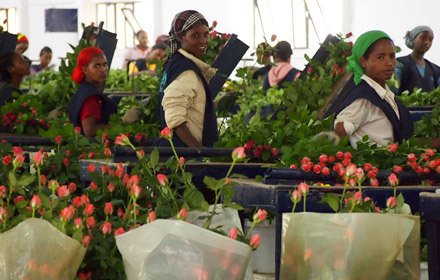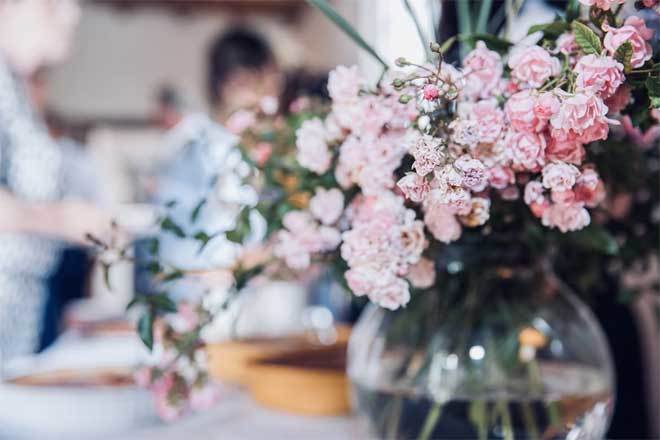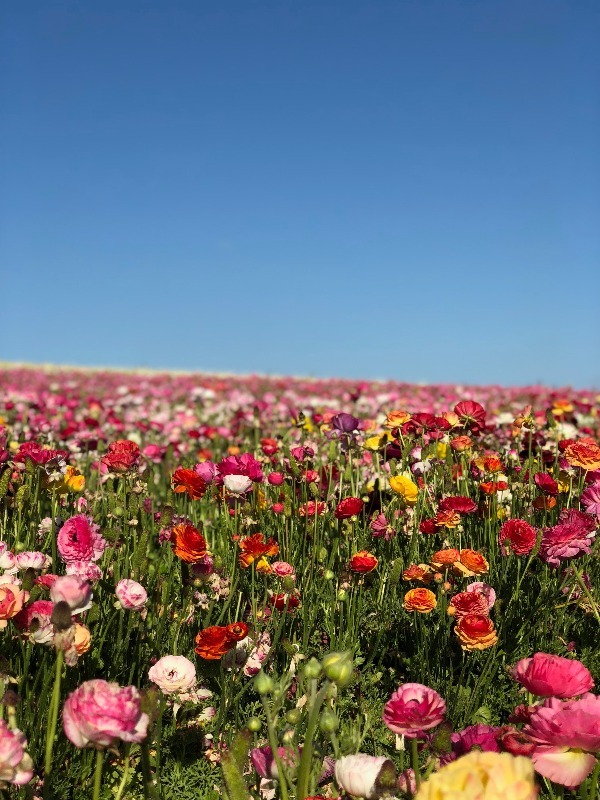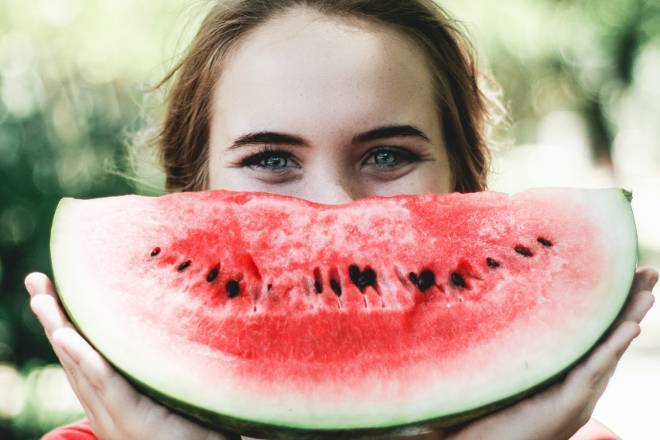
Send Fairtrade Flowers
The Fairtrade Foundation was established in 1992 with a view to establishing fair trading from the third world. Initially it was confined to coffee and then to chocolate but the scheme now encompasses a variety of products including flowers.
The vision of the Foundation is of a world where sustainable development and justice are at the heart of trade practices to enable workers to achieve a decent livelihood. Fairtrade has sought to transform trading schemes in favour of disadvantaged people many of whom have become marginalised. The Foundation works with community groups as well as individuals and businesses to improve lives and tackle poverty through sustainable development.
There are now 75 licensed products in the Foundation's flower category. This is over a 70% increase from 2006. The range has expanded too and now includes sunflowers, gypsophilia, carnations, lilies and alstromeria. As well as sales through supermarkets, there has been a huge rise in internet sales in recent years.
All flowers farms are required to meet basic environmental and labour standards in order to meet Fairtrade standards. There needs to be a commitment to ongoing improvement and the Fairtrade certification body, FLO-CERT, regularly monitors the situation.
Workers on Fairtrade farms have the right to negotiate terms and conditions of employment with management as well as to join trade unions. They must be kept informed of wage rates and schedules. Workers must have access to clean drinking water and protective equipment must be provided when workers are required to handle chemicals particularly in regard to pesticide spraying.
Many projects have been implemented through the use of Fairtrade premiums which have come from flower sales. In Kenya there are community projects which include help for children orphaned by HIV as well as borehole drilling to bring water closer to villages. Community halls have been built and children who might otherwise have been deprived of an education are able to go to school. Throughout the world there are over ten thousand workers on flower farms certified by Fairtrade. It is believed that for each worker employed on one of the farms, seven people are dependent on him or her.
Currently UK Fairtrade flowers are from fourteen certified farms in Sri Lanka, Kenya, Colombia and Ecuador. Several large companies in the UK sell Fairtrade flowers including Marks and Spencer and Waitrose. Many people are concerned about environmental issues caused by transporting flowers across the world. Although roses, for example, are brought to the UK by air they are often packed in the cargo hold of large passenger planes. This is more environmentally friendly than growing the flowers in European greenhouses which would need extra light and heat for their growing conditions.
The Fairtrade experiment has been slow to develop and is not without its flaws. Nevertheless it is a concept which is very appealing and relevant in today's world. Consequently its support grows ever stronger year on year. As environmental issues are pushed to the front of political agendas, Fairtrade's future seems assured.




